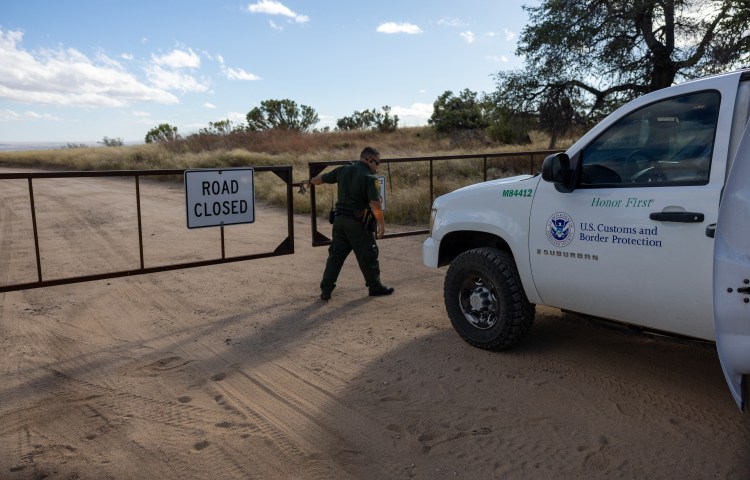
Forensic tools open new front for using phone data to prosecute journalists
On April 13, police in Russia’s Khakassiya republic arrested Mikhail Afanasyev and seized his digital devices. Afanasyev, chief editor of the online magazine Novy Fokus, was detained based on an article about riot police in southern Siberia refusing to serve in Ukraine. He faces a possible 10-year prison sentence for spreading “false” information. It’s not surprising for…
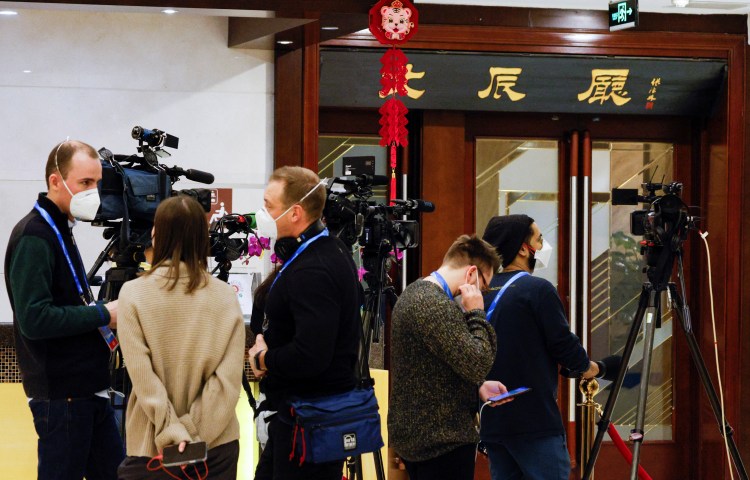
How China is stepping up harassment of foreign correspondents
When international journalists rushed to Zhengzhou city in Henan province to cover a deadly flood in July 2021, they were confronted by angry bystanders who accused them of “spreading rumors” and “smearing China.” Many also received harassing messages on social media and intimidating calls, according to the Foreign Correspondents’ Club of China. This hostility spread after the Henan Communist Youth…
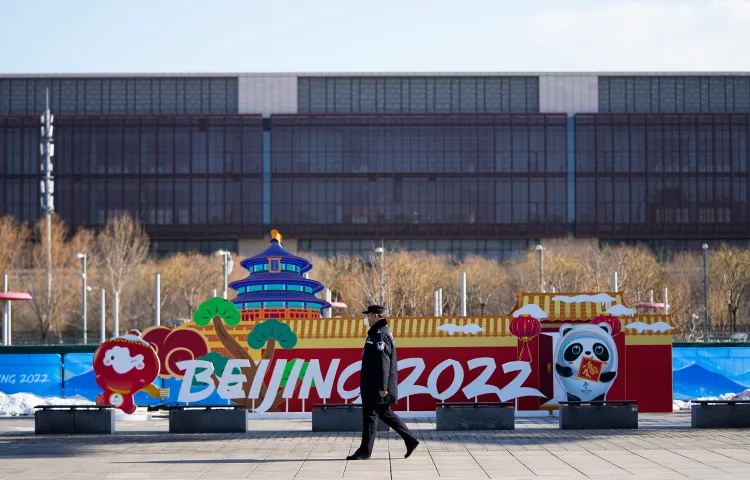
Opinion: The dilemma facing journalists covering the Beijing Olympics
I don’t envy journalists from around the world who are entering China to cover the Beijing Olympics, held February 4 to 20. Perhaps never in history have the rules of the road for covering the games been so murky and the potential dangers so great for journalists who step over an as-yet-undefined red line that…

China finds new ways to intimidate foreign press, FCCC survey finds
On January 31, 2022, the Foreign Correspondents’ Club of China (FCCC) released findings from its annual member survey about press conditions in the country. The report, “Locked Down or Kicked Out,” found that 99% of foreign correspondents said China’s reporting conditions did not meet what they considered “international standards.” The survey also documented ways Chinese…
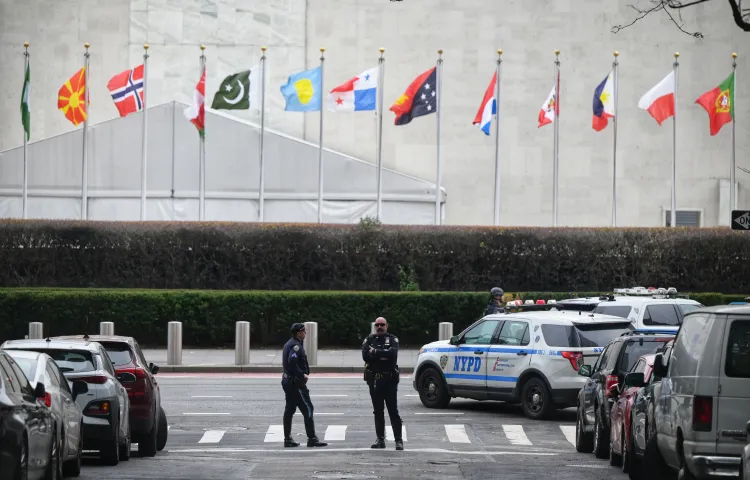
Why the UN’s push for a cybercrime treaty could imperil journalists simply for using the internet
Cybercrime is on the global agenda as a United Nations committee appointed to develop a treaty on the topic plans for its first meeting amid pandemic-related delays. The process is slated to take at least two years, but experts warn that such a treaty – initially proposed by Russia – could hand new tools to…
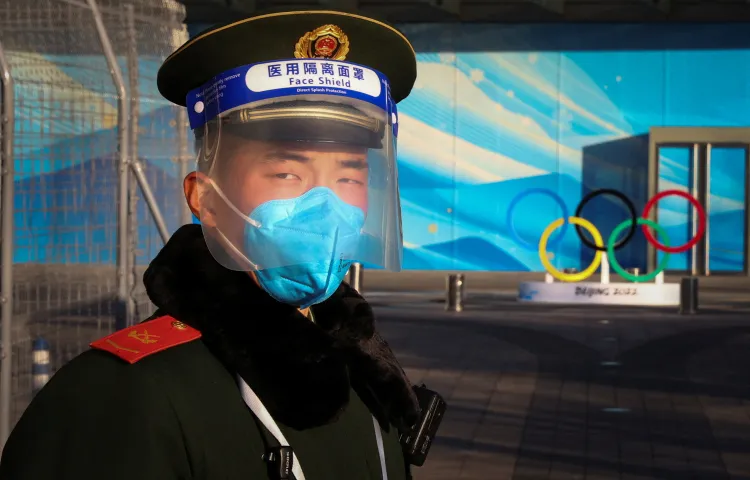
Journalists at the Beijing Winter Olympics may test China’s tolerance for critical coverage
Can China and the International Olympic Committee maintain a “bubble” of total press freedom inside China’s vast sea of repression? That’s the question facing thousands of journalists as they arrive in the coming weeks to cover the Beijing Winter Olympics, which kick off on February 4. (CPJ’s safety advisory for those attending addresses coronavirus restrictions…

‘Taken into a cage’: Hong Kong’s sad media milestone
The year 2021 marks a sad milestone in Hong Kong. For the first time journalists in the former British colony appear on CPJ’s annual survey of journalists unjustly imprisoned for their work. Eight. Zero to eight in one year. I first visited Hong Kong nearly 50 years ago as a student and returned to live…
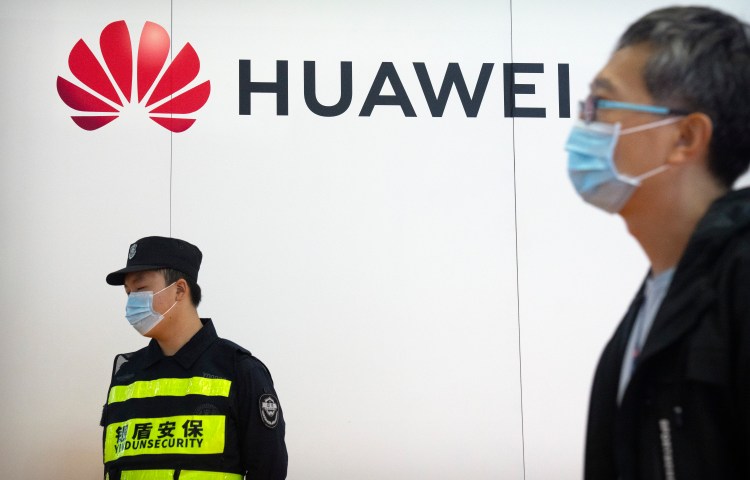
How China’s Huawei technology is being used to censor news halfway across the world
When a staffer at the independent media website Iwacu in the central African state of Burundi tried to visit the outlet online in late October, they received an error message instead. “Hum. Nous ne parvenons pas à trouver ce site;” the site could not be found – even though the local media regulator had promised…
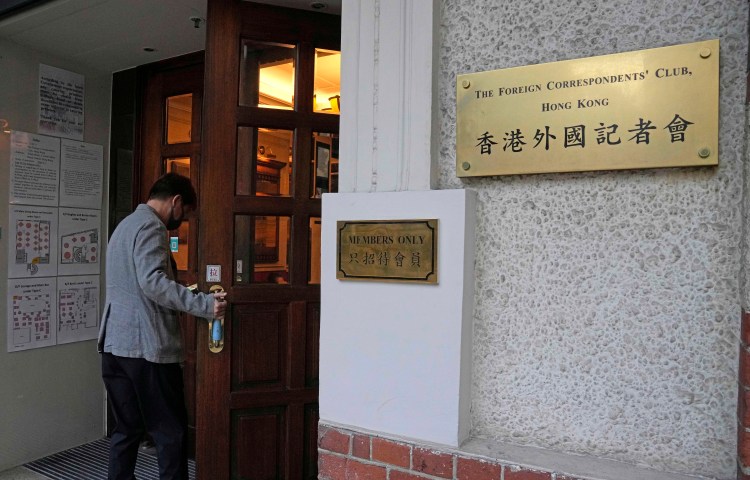
Hong Kong FCC survey shows journalists concerned about possible arrest and prosecution
A significant majority of journalists in Hong Kong are concerned about the possibility of arrest or prosecution due to their work, according to a survey recently published by the Hong Kong Foreign Correspondents’ Club (FCC). The survey, based on responses from 70 correspondents for foreign media and 29 for local news organizations, about 25% of the…
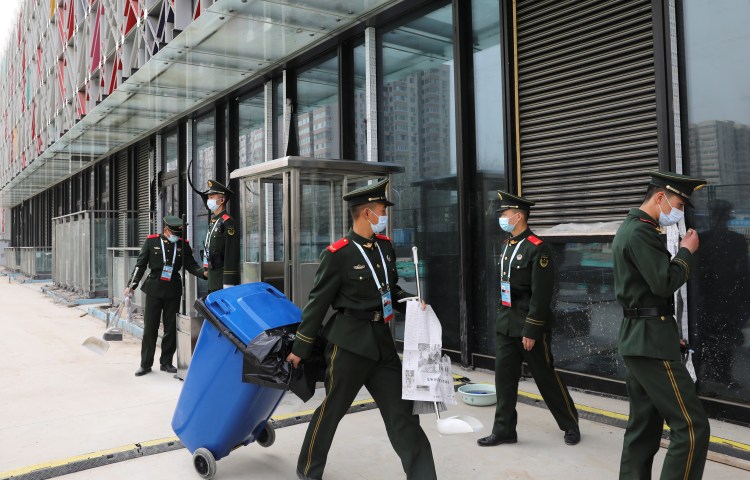
China’s Olympic press freedom pledges: Worthless in 2008, absent in 2022
Prospects for free-wheeling media coverage of the February Beijing Winter Olympics seem increasingly dim, not least because of the attitude of the International Olympic Committee. On October 13, John Coates, vice president of the International Olympic Committee, dismissed out of hand calls from CPJ, human rights groups, and US lawmakers to pressure Beijing over its…